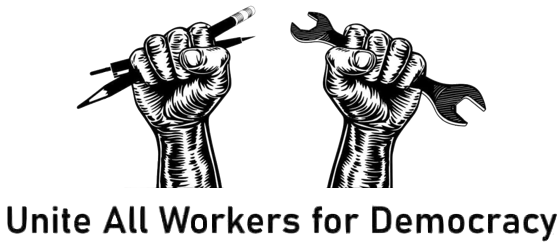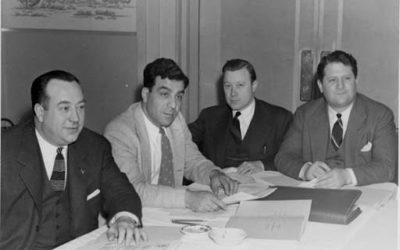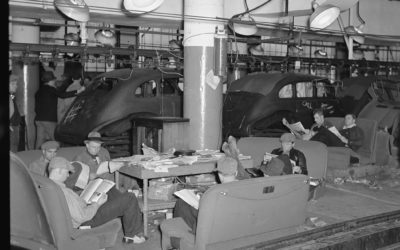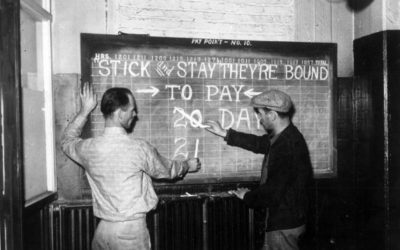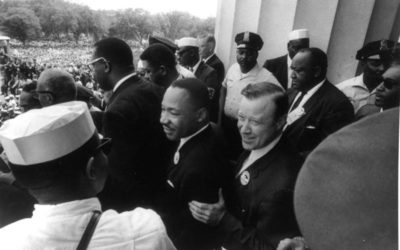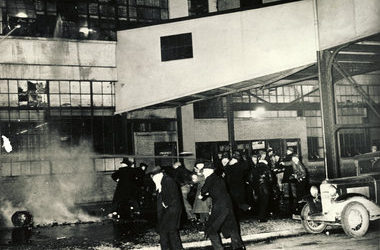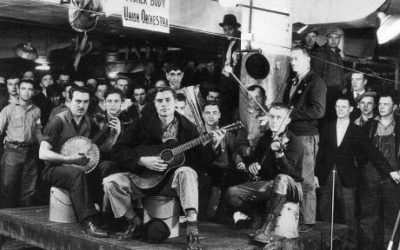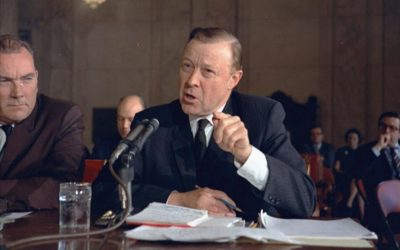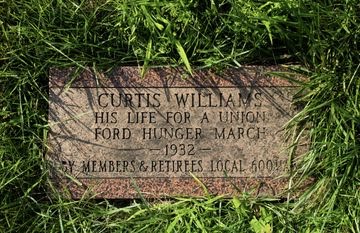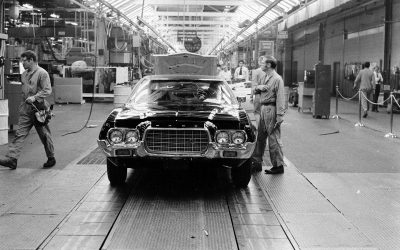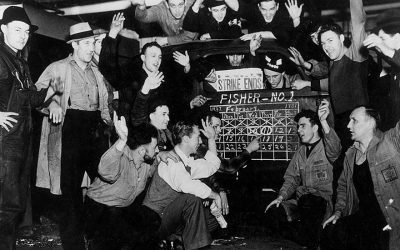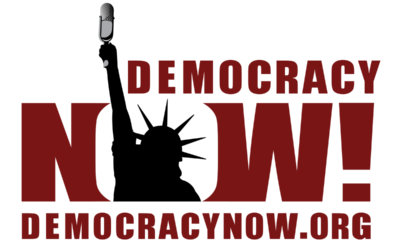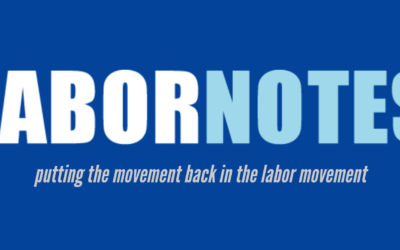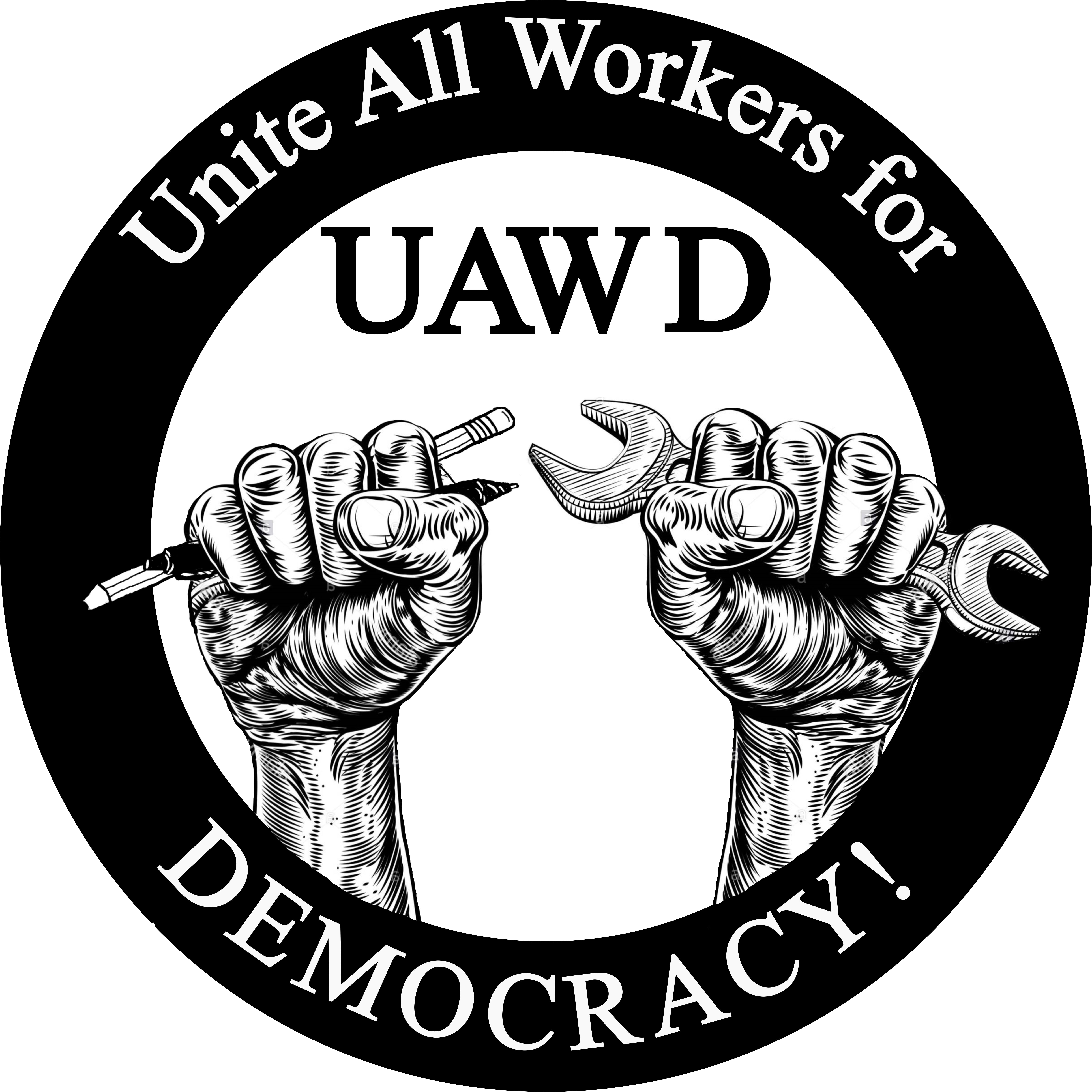Worker Resources
Our Worker Resources page has various educational materials that we believe are essential for the rank-and-file to better understand their role within the union, as well as to discern how and why the UAW finds itself in its current state.
UAW Accountability
UAW Constitution
As amended at the 37th UAW Constitutional Convention in Detroit, Michigan in June 2018.
UAW Monitor
Under the 2021 Consent Decree, the Monitor has the authority and duty to remove fraud, corruption, illegal behavior, dishonesty, and unethical practices from the UAW.
Union Democracy
The struggle for union democracy begins with ourselves. Learn from the Association for Union Democracy about your legal rights.
Our Legal Rights As Workers
What are the major laws affecting workers?
Here is a summary of the major laws affecting workers in the United States.
What is the National Labor Relations Act?
Passed in 1935 as part of the New Deal, the National Labor Relations Act (NLRA) gives workers certain legal rights, including the right to form unions, and requires employers to bargain with the union over wages, hours, and working conditions.
The National Labor Relations Board (NLRB) enforces this law. Read UAWD’s updates on the NLRB.
What are Weingarten rights?
The U.S. Supreme Court has ruled that
union‐represented employees have the
right to ask for a union representative
during questioning by a supervisor, security
personnel or manager if the answers to
those questions could reasonably result in
discipline or discharge. These rights are
called Weingarten rights.
If you are called to an interview of this
nature, you must tell the employer that you
want a union representative right before or
during the interview. The employer does
not have to remind you of this right.
If the employer refuses your request and
continues to question you, you can refuse to
answer. The employer may be guilty of
violating labor law and you should consult
with your union representative ASAP.
As soon as the employer contacts you to ask
questions about a matter that you think could
result in your discipline or discharge, request
union representation.
Here’s what to say to the employer to request
your union representative and preserve your
rights:
If this discussion could in any way lead to my being disciplined or terminated, or affect my personal working conditions, I respectfully request that my union representative, officer or steward be present at the meeting. Without representation, I choose not to answer any questions.
What are the LMRDA and OLMS?
The Labor-Management Reporting and Disclosure Act (LMRDA)—also known as the Landrum-Griffin Act—deals with the relationship between a union and its members. The LMRDA grants certain rights to union members and protects their interests by promoting democratic procedures within labor organizations.
The Act establishes a Bill of Rights for union members; reporting requirements for labor organizations, union officers and employees, employers, labor-relations consultants, and surety companies; standards for the regular election of union officers; and safeguards for protecting labor organization funds and assets.
The Office of Labor-Management Standards (OLMS) at the U.S. Department of Labor (DOL) is authorized by the LMRDA to administer and enforce standards that ensure basic standards of democracy and financial integrity in labor organizations representing employees in private industry.
Read UAWD’s updates on DOL.
What is OSHA?
With the Occupational Safety and Health Act of 1970, Congress created the Occupational Safety and Health Administration (OSHA) to ensure safe and healthful working conditions for workers by setting and enforcing standards and by providing training, outreach, education and assistance.
Read UAWD’s updates on OSHA.
UAW History
UAW Housecleaning Day Coming?
Eyes will be on the upcoming election of the United Auto Workers in an unprecedented referendum. The results could be game-changing for how the UAW will operate in the future. It could also have a ripple effect throughout organized labor. There’s some poetic justice...
How the Administration Caucus Came to Power
The Administration Caucus has dominated the UAW for 70 years. Who are they and how did they first come to power?
How an Auto Workers’ Strike In Flint Nearly a Century Ago Changed the Country
The new book “Midnight in Vehicle City” by Edward McClelland documents one of the biggest victories for workers’ rights in the United States, which happened during one bitterly cold winter in Flint, Michigan. Listen to the audio here.
Remembering the Flint Sit-Down
Tired of reductions in pay and jobs, increased workloads, and harassment of United Automobile Workers organizers, on December 30, 1936 automotive workers in the General Motors Fisher Number One Plant in Flint, Michigan sat down on the job. For the next 44 days workers...
The UAW leader who helped MLK tie organized labor to broader civil rights movement
The United States now honors the life and legacy of Dr. Martin Luther King Jr. with a day of remembrance each January. However, while he was alive, his public disapproval ratings were as high as 75%. Many Americans disliked him for a variety of his stances, from...
Gregg Shotwell — Live Bait & Ammo #186: Do the Right Thing
I am writing this in January 2021 for a new generation of auto workers who don’t knowthe history they are piggy-backing. Who don’t know who hogtied them into thiscorkscrew position. It’s all becoming more clear as the federales crack down. But thenews isn’t new....
75 years ago today, sit-down strikers held off police at Fisher Body No. 2 in the ‘Battle of the Running Bulls’
FLINT, Michigan -- Striking General Motors workers battled Flint police at GM's Fisher Body No. 2 in a bloody night of fighting and a turning point in the Sit-Down Strike 75 years ago today. Known as the "Battle of the Running Bulls," the night of rioting, tear gas...
84th Anniversary of the 1936-37 UAW Flint Sit-Down Strike
84 years ago today, the 1936-37 Flint sit down-strike began at General Motors. It was a defining moment for the UAW that would end up improving the lives of millions of workers across the country. Jeremy Brecher's account of the great sit-down strike in the General...
The Saddest Union Story
The two main factions that built the UAW in the 1930s and ’40s—Reuther’s social democrats and their communist-dominated opposition—were both comprised of highly talented idealists who saw the union as a vehicle to build a more egalitarian America. They attracted like...
Review: Tell the Bosses We’re Coming
Let’s start with collective bargaining. In Richman’s telling, much of how we behave at the bargaining table today can be traced back to the Treaty of Detroit, the landmark 1950 contract between the Auto Workers (UAW) and the Big Three automakers. Five years earlier,...
In Detroit, a Hallowed Ground for Auto Workers Finally Gets Its Due
The Ford Hunger March — also known as the Ford Massacre — served as a turning point in the story of organized labor in Detroit and across the U.S. The incident helped catalyze the creation of the United Auto Workers. But it was scarcely memorialized locally. For...
Talking About Auto Work — Or Any Work Under Capitalism — Means Talking About Constant, Brutal Violence
Auto work is typically remembered as one of the best industrial jobs a worker could get in postwar America. Less remembered, however, is how absolutely brutal and violent life on the auto factory floor was — and still is. Read the article here.
The 1936 GM Sit-Down Strike Changed Labor History
To earn worker trust and the right to speak for them, the upstart union had to confront and defeat GM, the industrial colossus that controlled almost 45 percent of domestic auto sales and employed 240,000 workers in 69 plants. In 1936, GM’s net profits approached $284...
Anti-racist solidarity: Kenosha’s labor history
Since the near-lynching of Jacob Blake by police, the city of Kenosha, Wis., population 100,000, has become a focus of the Black Lives Matter upsurge. Up to that point, Kenosha was just a dot on the map to most people. However, the city’s United Auto Workers (UAW)...
UAWD in the news
UAWD in the News: The Ghost of Reuther Past
Harold Meyerson writes for the American Prospect: Like the Reutherites, Fain and his cohorts had to wrest control of the UAW from an incumbent regime, though the lines of this conflict did not, at first glance, seem to be drawn around political concerns. After a...
UAWD in the News: How Autoworkers’ Democratic Tactics Reversed a Humiliating Loss
Lee Harris writes for the American Prospect: One of the more notable outcomes of the tentative contract agreement between the United Auto Workers and the Big Three automakers, which earned workers 25 percent wage increases over four years, is the fate of a 5 million...
UAWD in the News: UAW’s “Life-Changing” Deal with Big 3 Automakers
Amy Goodman interviewed UAWD chair Scott Houldieson for Democracy Now: AMY GOODMAN: On Monday, Democracy Now! spoke to Scott Houldieson, a member of UAW Local 551, works at Ford’s Chicago Assembly Plant, is on the steering committee, chair of Unite All Workers for...
UAWD in the News: Everything you need to know about the fight between autoworkers and the Big Three
Kim Kelly writes for Fast Company: Shawn Fain is the president of the United Auto Workers. Originally from Kokomo, Indiana, he’s been a member of the UAW since 1994 and joined the union while working as an electrician at Chrysler. After spending decades serving his...
UAWD in the News: “Your Body Suffers”: The Unremarkable Pain of an Auto-Assembly-Line Worker
Sarah Lazare writes for The Nation: Chris Viola, 40, is one of Carpenter’s coworkers, and has been active in Unite All Workers for Democracy, a rank-and-file movement within UAW to improve internal democracy and accountability. UAWD backed the presidential campaign of...
UAWD in the News: UAW President Shawn Fain Is Showing How to Build Working-Class Struggle
Paul Prescod writes for Jacobin: [Shawn] Fain could not have risen to leadership without the backing of a rank-and-file reform caucus and a crisis that bred opportunity. In 2018 the Justice Department began investigating corruption in the UAW and eventually unearthed...
UAWD in the News: The UAW Is Taking Action on Shop Floors Not Yet on Strike
Keith Brower Brown writes for Labor Notes: The eighteen thousand United Auto Workers (UAW) on strike have lit up the labor movement. But the strike is only the most visible side of autoworkers’ leverage. The less visible side is on the shop floor, where organized...
UAWD on the Air: On the UAW Picket Lines with The Upsurge
Teddy Ostrow reports for The Upsurge, a podcast about the future of the American labor movement: Eric Truss: So what’s different about this time is, the member had a chance to get engaged in what’s called One Member, One Vote, where they were able to do a direct...
UAWD in the News: The UAW Strike Just Got Even Bigger
Luis Feliz Leon writes for In These Times: Yesterday afternoon, UAW Local 551 member Marcelina Pedraza said her coworkers at the Chicago Assembly plant were anxiously awaiting the news of the next targets. “Everybody’s on edge,” said Pedraza, who is also a member of...
UAWD in Labor Notes: Big 3 Focus on Auto Parts Centers in Strike Prep
Lisa Xu (formerly Local 5118) writes for Labor Notes: [Bill] Bagwell, who was previously the chairman of Local 174 and is also an elected convention delegate, says he’s as excited as he’s ever been about the direction of the union. He was a member of the reform...
UAWD in the News: ‘The Cost of Doing Nothing Is Much Higher’: Big Three Auto Workers Prepare to Strike
Luis Feliz Leon writes for Labor Notes: Two days before their contract expires at midnight Thursday, the Auto Workers (UAW) are poised to strike the Big 3 automakers—General Motors, Ford, and Stellantis—to recoup concessions made over the past two decades, end tiers,...
UAWD in the News: Autoworkers may wage a historic strike against the Detroit 3
Marick Masters writes for the Michigan Advance: The UAW’s newly elected president, Shawn Fain, frequently denounces corporate greed and has proclaimed the union’s willingness to go on strike. In the past, the union has held strikes against one automaker at a time,...
UAWD in Labor Notes: How to Make Ten-Minute Meetings Happen
Lisa Xu writes for Labor Notes: Chris Budnick has been holding 10-minute meetings at Ford’s Kentucky Truck Plant in Louisville to get his co-workers talking to each other about the Big 3 contracts. Like many activists, Budnick says he has long struggled to get his...
UAWD in The American Prospect: The United Auto Workers Meet Electrification
Jarod Facundo wrote for The American Prospect about the Big Three's transition to electric vehicles: On September 14, the UAW master agreement with the “Big Three” of Ford, GM, and Stellantis (formerly Fiat Chrysler), representing some 150,000 workers, will expire. In...
